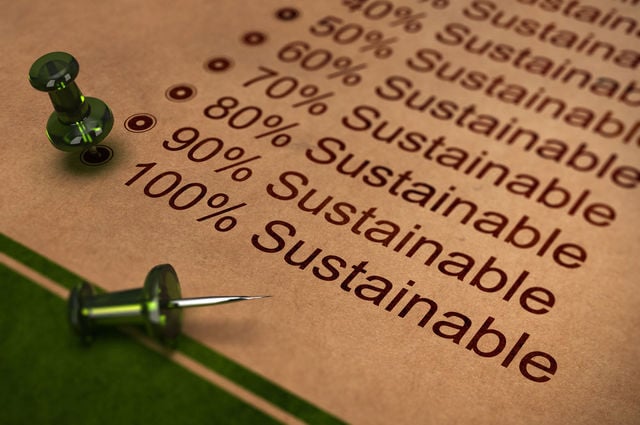How can sustainability be communicated beyond clichés and greenwashing?
31 experts shared their view
Both clichés and greenwashing are amongst the biggest traps to fall into when communicating sustainability. A "let's save the world" claim and tacky towel policy stickers are superficial and unappealing and could be a turn-off to the small group of environmentally and socially-conscious consumers. Green certification and lengthy, detailed corporate sustainability reports may (potentially) be of interest to a small niche group of highly activist consumers, who may not buy into that type of corporate hospitality in any case. However, there is a growing number of informed travelers: Those in search of genuine wellbeing and meaningful experiences at no (or as little as possible) cost to the planet. What works and what doesn't work in communicating sustainability? Any recommendations in regard to communication entering this critical decade?
Communication will be a key element in any marketing process, including the best ways to explain what is being done in terms of sustainability endeavors. And it goes without saying that accurate information should be communicated to all stakeholders and particularly customers. For hotel companies that are promoting an environmentally friendly image, products, and services, the claims they make must be precise and must consider the following 4 aspects:
- Truthfulness and accuracy. Although there are not yet requirements to have information independently verified, working with third-party certification organizations provides that requirement.
- Relevance. It is important to explain the sustainability actions taken along with the potential impacts associated with them.
- Clarity. Hotels should clearly state which sustainability issue or aspect of the product or service the green claim refers to.
- Explicitness. Background information concerning any sustainability-related symbol used in the claim must be provided, it is part of an independent certification scheme.
Now, we have seen an increased use of vague or non-specific claims such as “green”, “environmentally-friendly” and “nature's friend”. Many of those words and formulations are used widely within the marketing and communication material in the hospitality industry. The use of words such as 'local', 'regional' or, 'from terroir' by the restaurant industry creates a similar problem. Should a hotel decide to use such wording, then it should follow ISO 14021 on self-declarations. The standard is used to deal with voluntary and environmental claims made by businesses about their products, services or the packaging, but also with claims made in advertising, reports and on the Internet. In short, claims being made must be verifiable so that the information communicated is accurate and not misleading or resulting in misinterpretation.
For info: the terms 'sustainable' and 'carbon neutral' were added to the list of terms that have a strict evaluation methodology from the 2011 amendments made to the ISO 14021 standard.


